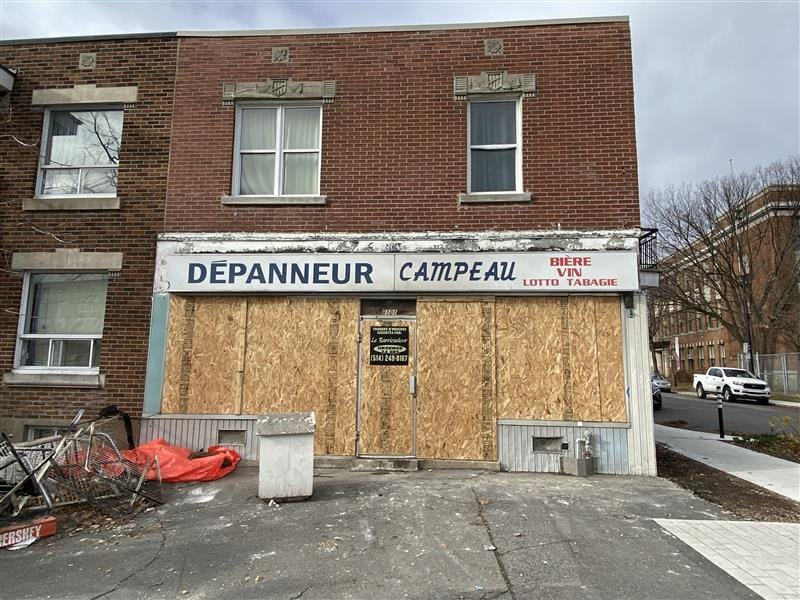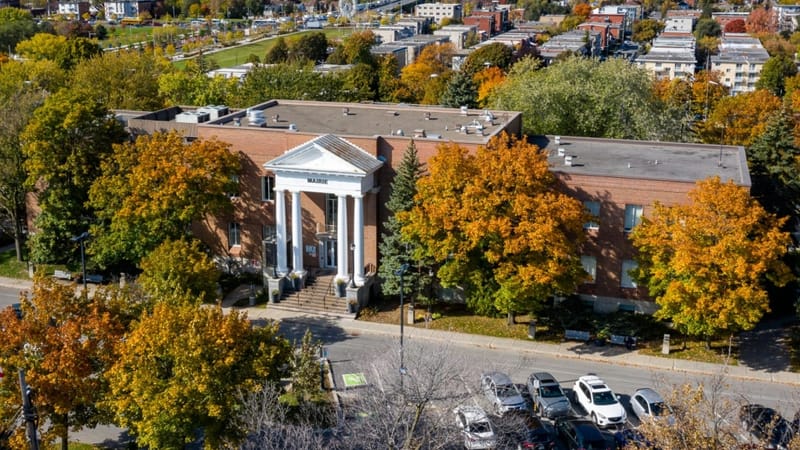Concordia University reports 30% drop in enrolment following Quebec tuition hike
“We’ve never seen anything like it,” Graham Carr said in an interview. “Obviously for the university it’s very problematic in terms of its impact on our financing.”

One of Quebec’s three English-language universities is reporting a nearly 30 per cent decrease in out-of-province student enrolment following a controversial tuition hike implemented last year by the provincial government.
Concordia University President Graham Carr announced on Wednesday that the decline in new registrations will significantly impact the university and is “clearly” linked to the government's decision to raise tuition for out-of-province students by 30 per cent.
“We’ve never seen anything like it,” Carr said in an interview. “For the university, it’s very problematic in terms of its impact on our financing.”
Concordia revealed that out-of-province enrolment has dropped by 28 per cent this year, while new international student registrations have decreased by 11 per cent. Carr estimated that this decline “will cost us approximately $15 million in revenue that we would otherwise have expected to get.”
This financial shortfall will persist for several years, Carr noted, as students typically spend four years completing an undergraduate degree.

In October of last year, Quebec’s Coalition Avenir Québec government announced plans to nearly double tuition for out-of-province students, increasing it from $9,000 to $17,000. The government framed this move as an effort to protect the French language in Quebec, anticipating that higher tuition would lead to fewer enrolments and, consequently, fewer English speakers in downtown Montreal.
The tuition increase was later adjusted to $12,000, and the government also set international students’ tuition at a minimum of $20,000.
While Concordia has experienced enrolment declines since the pandemic, Carr emphasized that this year’s significant drop in out-of-province students is “clearly uniquely related to the government of Quebec increasing tuition for rest-of-Canada students.” He added that prospective students were confused about the tuition costs due to the government’s changing plans. Last fall, the university reported a 27 per cent drop in applications from Canadian students outside Quebec.
Carr stated that overall enrolment at the university is down four per cent this year. Out-of-province students typically represent nine to ten per cent of the student body, while international students comprise 21 to 24 per cent, he added.
Last spring, Concordia reported a $30.9-million deficit for its 2023-24 fiscal year and indicated that it would need to cut costs by nearly $36 million in 2024-25. The university is currently under a hiring freeze. “But clearly the added burden of trying to make up a $15-million loss is significant, and it’s not something that you can address overnight,” Carr said.
He warned that students may face fewer course sections being offered and stricter thresholds for the number of students required for a course to proceed.
Carr also mentioned that the university is exploring ways to increase enrolment in the coming years, including recruiting international students from francophone countries who are eligible for lower tuition rates than other international students in Quebec.
Both Concordia and McGill University, Quebec’s two largest English-language universities, have opposed the tuition hike since its announcement last year. Bishop’s University, located in the Eastern Townships, has been exempted from the increase.
The two Montreal universities are suing the Quebec government over the new tuition policy, arguing that it constitutes discrimination under the Canadian Charter of Rights and Freedoms. Carr noted that Concordia’s court hearing is scheduled for December.
A spokesperson for McGill stated that final enrolment numbers will not be available until October, but the university reported last December that it was experiencing a 20 per cent drop in out-of-province applicants.
Higher Education Minister Pascale Déry commented on Wednesday in Quebec City, saying, “These were decisions that we took. They were difficult decisions, but they were necessary.” As the matter is currently before the courts, she added, “I’ll avoid further comment.”





